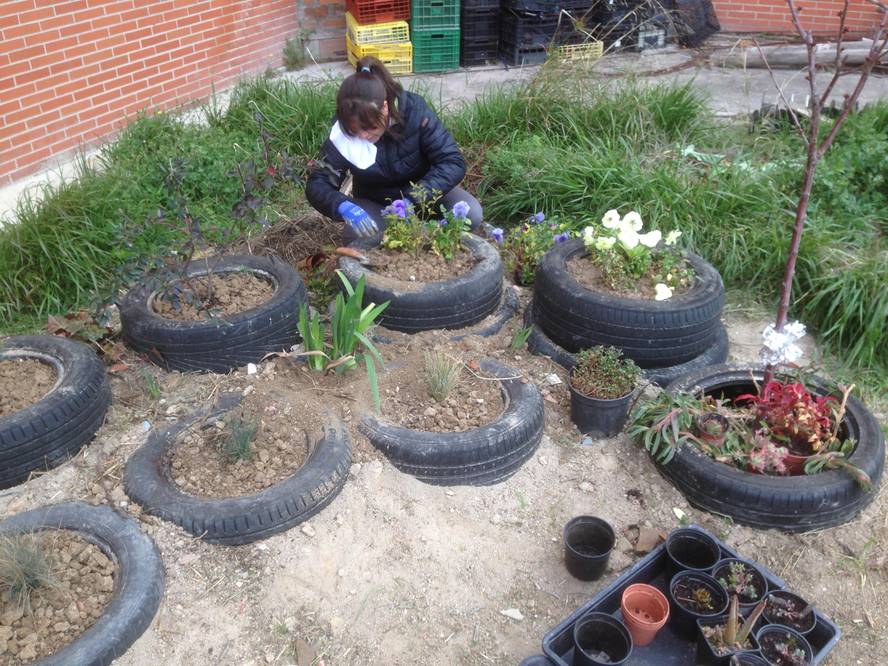Carbon footprint of urban gardens higher than conventional agriculture, with exceptions
Urban agriculture is widespread as a benefit to make cities and their food systems more sustainable. However, so far there have not been many scientific studies on the carbon footprint of urban orchards, nor comparing them with conventional agriculture. To fill this gap, extensive research has been carried out in Europe and the US which, in general, points out that the carbon footprint of urban orchards is six times greater than that of conventional agriculture, but there are exceptions. In addition, ways to make urban gardens more sustainable have been identified.
The study was directed by researchers from the University of Michigan (USA) and published in the journal Nature cities. A rigorous methodology has been used to accurately measure the carbon footprint of foods of different origin. For example, they point out that, in many cases, it focuses on transport and, in this sense, food from urban gardens has a notable advantage. But there are other aspects.
For example, three types of urban orchards have been distinguished: those destined for production, those built in individual gardens and the neighbors or community gardens. And in conventional agriculture, there's also huge differences in place and in food baran. For example, 96% of onions consumed in Germany come from: Germany (71%), Spain (13%) and Holland (1%).
Taking all these aspects into account, detailed data collection has been carried out in 73 points in five countries: France (Paris and Nantes), Germany (Rhine-Ruhr region), Poland (Gorzow Wlkp), United Kingdom (London) and USA (New York).
It is concluded that, overall, the carbon footprint of urban orchards is six times higher than that of conventional agriculture (420 g CO2 and 70 g CO2 per fruit or vegetable, respectively). But there are exceptions depending on food and the type of vegetable garden: tomatoes from urban orchards are more sustainable and orchards cared for by the individual.
Therefore, what food grows and how (by promoting the circular management of water and waste, for example) are key to making urban gardens more sustainable. The social benefit generated by urban gardens is also mentioned.






